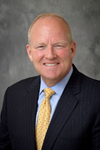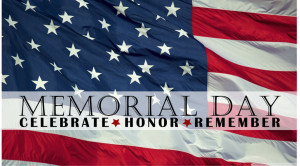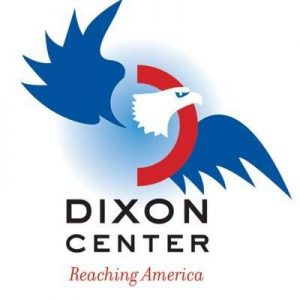Honoring our Veterans–Individually
As we honor our veterans today, I am so pleased to invite Colonel David Sutherland, Chairman of Dixon Center for Military and Veterans Services, to be my guest blogger. His experiences and voice are so important for us all to hear.
Diversity and inclusion frequently take a one-size-fits-all approach. For example, recruiting and retention may focus on veterans, as a whole, rather than the divergent qualities that enhance thinking and execution.
It’s ironic that lumping veterans together as a category defined as “diverse” may cause us to ignore the individual characteristics that make them assets to organizations.
I like to say that if you’ve met a veteran, you’ve met “a veteran.” One veteran, one time, each one is unique.
We veterans are more than just the sum of our parts. Yes, Veterans Day is a celebration of an amazing group of people. At the same time, we are remiss in not looking beyond the massed surface and into each one’s experiences and goals.
My wish is for you to get to know us as a unique group of people who have taken a different path to get to this point in our lives, and who may have hit roadblocks on this journey created by their service to our country. Let’s start with three areas key to ensuring that veterans succeed where they live:
- Working with purpose. Those who served in uniform boast years of specialized training that make them experts in their fields, yet there remains significant underemployment and uncertainty. That’s why Dixon Center for Military and Veterans Services works with employers, hiring managers, and recruiters to improve workplace hiring programs. This work goes beyond employment programs for veterans as a whole and instead seeks to establish a culture that considers the specific skill sets of each veteran and matches them to the position best for them.
- Healing with honor. Let’s look at the data. Burn pits, enormous craters where waste is openly incinerated, are this generation’s Agent Orange. These chemical hazards are responsible for causing cancers, tumors and respiratory issues. Opioid abuse among combat-exposed individuals is 7 percentage points higher among those who deployed but didn’t see combat. Further, the number of veteran suicides exceeded 6,000 each year from 2008 – 2017 – or more than 60,000 over a decade. Part of what drives these numbers is an epidemic of disconnection that happens when we look at veterans en masse rather than creating a culture that considers the unique needs and isolation of each individual. It’s about making it personal – for both the veteran and the civilian.
- Living with hope. T.S. Elliot said, “Home is where our story begins.” Dixon Center and its partners, among them Soldier On and Freddie Mac, are working to expand affordable housing, educate community-based organizations on fair housing practices for veterans, and increase compassionate outreach to those who are, or are at risk of becoming homeless. The goal is not to create new programs. Rather, the goal is to enable the integration of housing services that consider each veteran’s needs into existing programs to increase impact.
This Veterans Day let’s keep in mind that as with people, one size does not fit all. In fact, one size often fits none.



